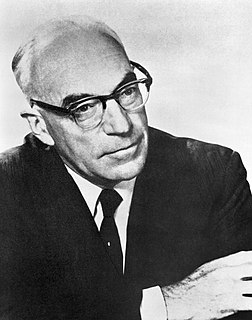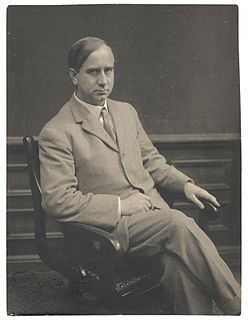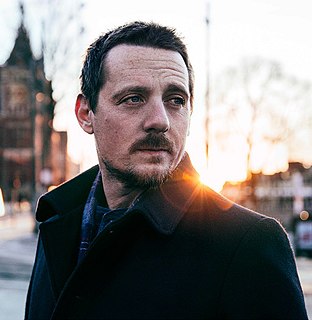A Quote by Manushi Chhillar
As a medical student, you have to study every day. You can't cover the syllabus by studying for a few nights before your exam.
Related Quotes
I flunked my exam for university two times before I was accepted by what was considered my city's worst university, Hangzhou Teachers University. I was studying to be a high school English teacher. In my university, I was elected student chairman and later became chairman of the city's Students Federation.
You collapse a few times, and you put your head in your hands, and you say, "Oh my god, how am I gonna get through this?" You have a few of those nights, and then you get over it and you keep it moving. And those nights... As you get more used to the strain, I guess those nights are fewer and farther between. So that's the best you can hope for. It's a tough job and it's a lot to pull out of your brain.
In all our academies we attempt far too much. ... In earlier times lectures were delivered upon chemistry and botany as branches of medicine, and the medical student learned enough of them. Now, however, chemistry and botany are become sciences of themselves, incapable of comprehension by a hasty survey, and each demanding the study of a whole life, yet we expect the medical student to understand them. He who is prudent, accordingly declines all distracting claims upon his time, and limits himself to a single branch and becomes expert in one thing.
Suppose a student of mine writes in her exam that "morality is completely relative to culture, so nothing is absolutely right or wrong. Because of that, it is absolutely wrong to be culturally intolerant". This student, if she believes what she writes, believes a contradiction. She ought not to believe the contradiction - it's a basic epistemic norm. This is true even if she can't avoid believing it - no amount of studying will show her the light.
I was a terrible student. Still, I managed to get into college, but my daydreaming threatened to sabotage me. I used behavior modification to break the cycle. I started by setting an arbitrary time limit on studying: for every 15 minutes of study, I'd allow myself an hour of daydreaming. I set the alarm.










































